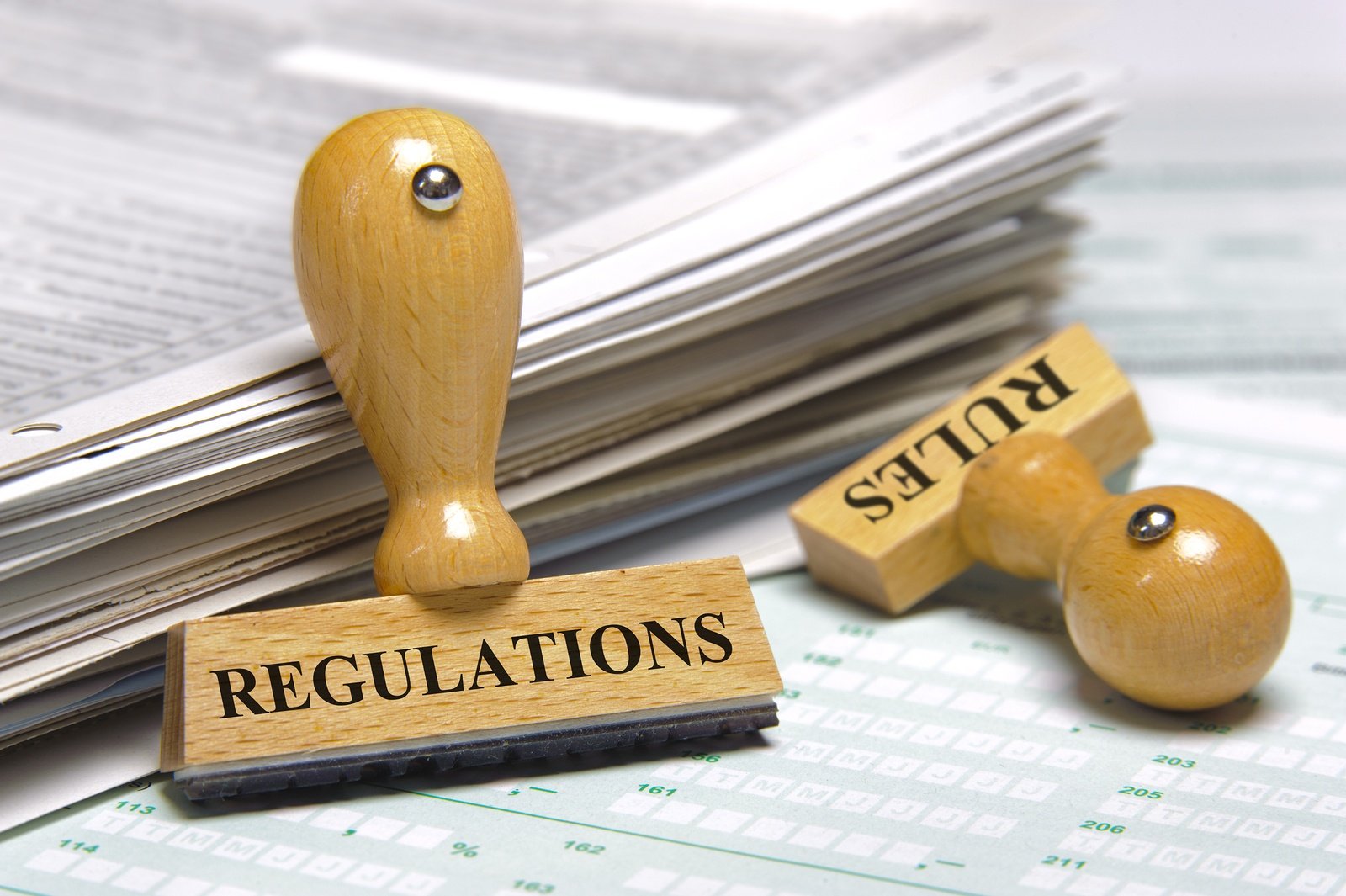Many property owners will have hesitations about asking questions of the DeKalb County Tax Assessor. You should consider that every taxpayer has the right to ask relevant tax-related questions in the same way that every taxpayer has the responsibility to pay the right taxes, at the right time, to the right office. Here are a few questions that you may ask your Tax Assessor – or more appropriately, any member of the Board of Tax Assessors – and their staff.

Who Determines the Property Value for Tax Purposes?
The DeKalb County Tax Assessor office is responsible for determining property values within its area of jurisdiction. The department itself is under the leadership of the Chief Appraiser who, in turn, is under the supervision of the Board of Tax Assessors (BTA). In effect, the BTA determines property values, which explains why the appeals process starts with this office.
The BTA also hires the Chief Appraiser. The members of the BTA themselves are appointed by the Board of Commissioners with a stringent set of professional and personal qualifications implemented for the screening process. All Tax Assessors are governed by the rules and regulations of the state’s laws including the Georgia Constitution.
In case you have suggestions, concerns, and complaints about the laws related to taxation, your best course of action is to contact your state representatives (i.e., legislators) since they have the capacity to make the changes. The DeKalb County Tax Assessor is limited by law in this aspect as he is in charge of the implementation of the legislation already in effect.
What Are the Factors Affecting Property Tax Amounts?
The individual property tax amounts are determined using a combination of the current millage rate and the property’s assessed value. As such, your tax bill can change even when your property’s value and assessment remain the same from one year to the next (i.e., a change in either the mill rate or the assessed value will have an impact on your tax bill). You may also have a higher tax bill in other cases, such as the loss of an exemption.
The millage rate is determined by: The total county budget divided by the total value of the county’s tax digest. The rate itself can be set by the county governing authority, the school board, and other taxing authorities.
And speaking of millage rates, Rep. Tom Taylor has filed a proposal to cut the DeKalb County’s school system funding by approximately $56 million a year; the proposal was filed in January 2016 in the Georgia General Assembly. According to Rep, Taylor, House Bill 969 would decrease the county’s school property tax income to the maximum allowed in many, if not most, county school systems in the state.
Georgia’s law sets a property tax limit of 20 mills on majority of its school systems. DeKalb County, however, was allowed to go above 20 mills for over 40 years since it previously owned and managed a junior college.
Rep. Taylor asserts that DeKalb County has exceeded the rate with less than excellent returns on investment; the county’s tax rate for schools is at 23.73 mills. Emphasis must be made, too, that House Bill 969, if approved, will not reduce the property tax rate that homeowners and businessmen pay.
Ask your DeKalb County Tax Assessor about the news and how it can affect you, too.



